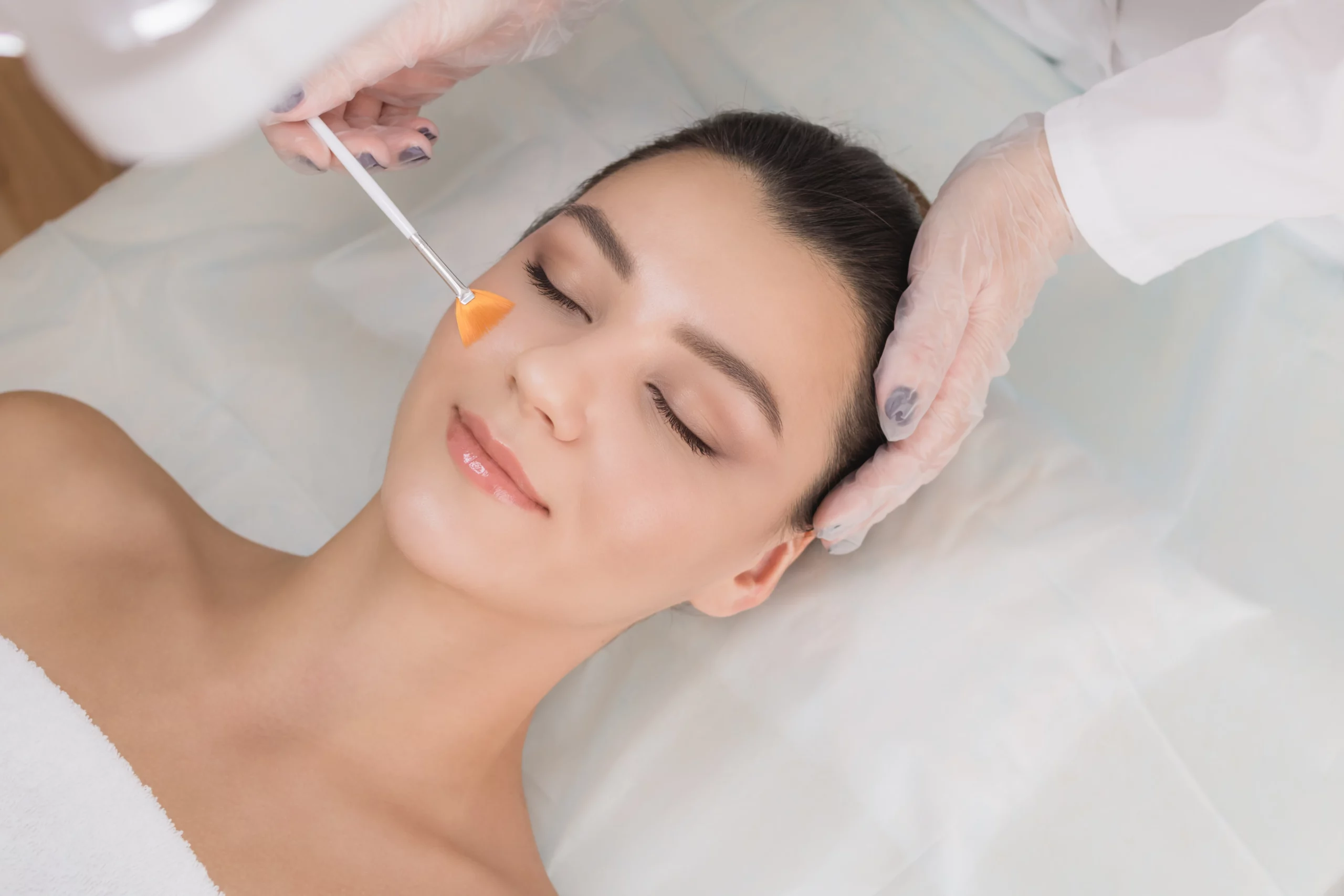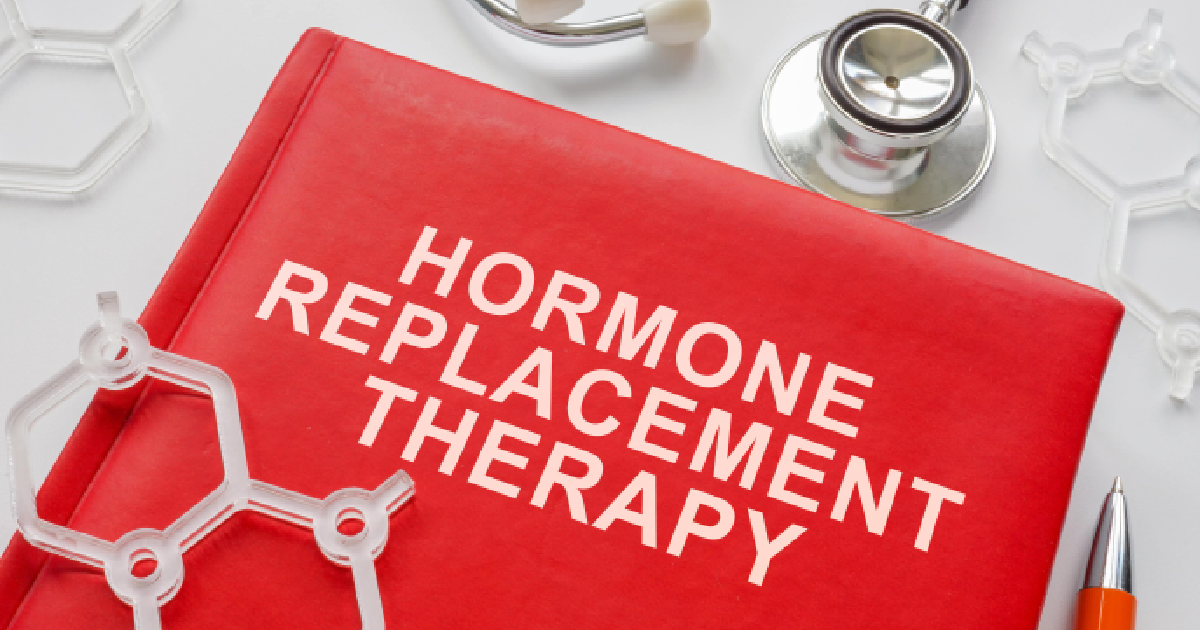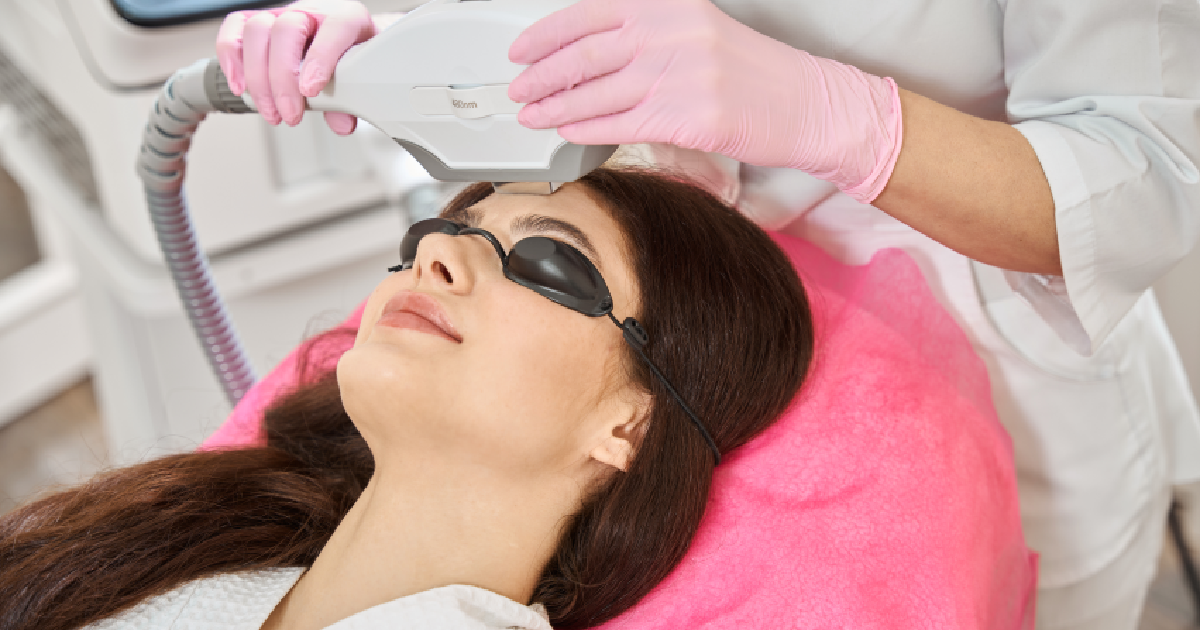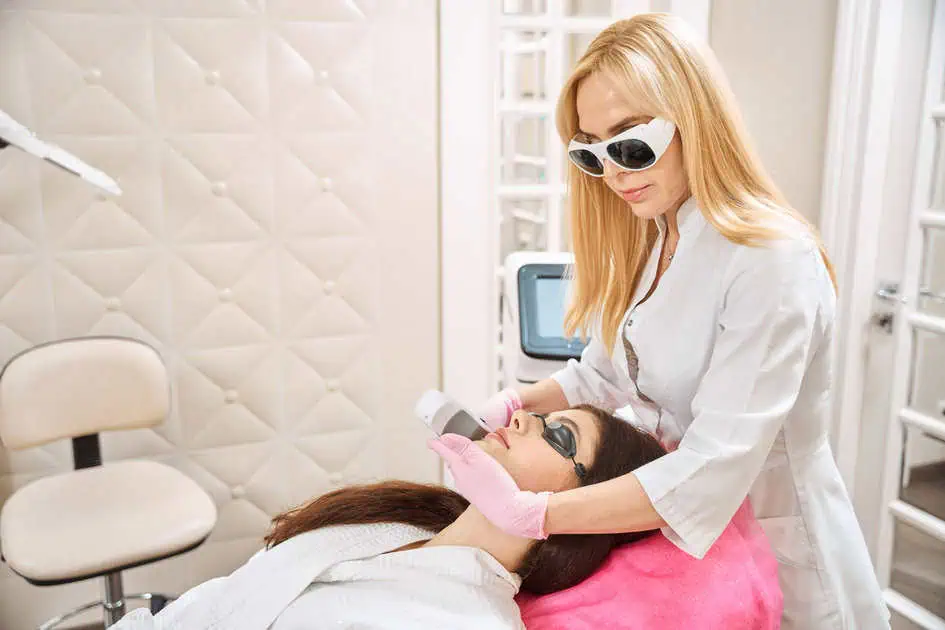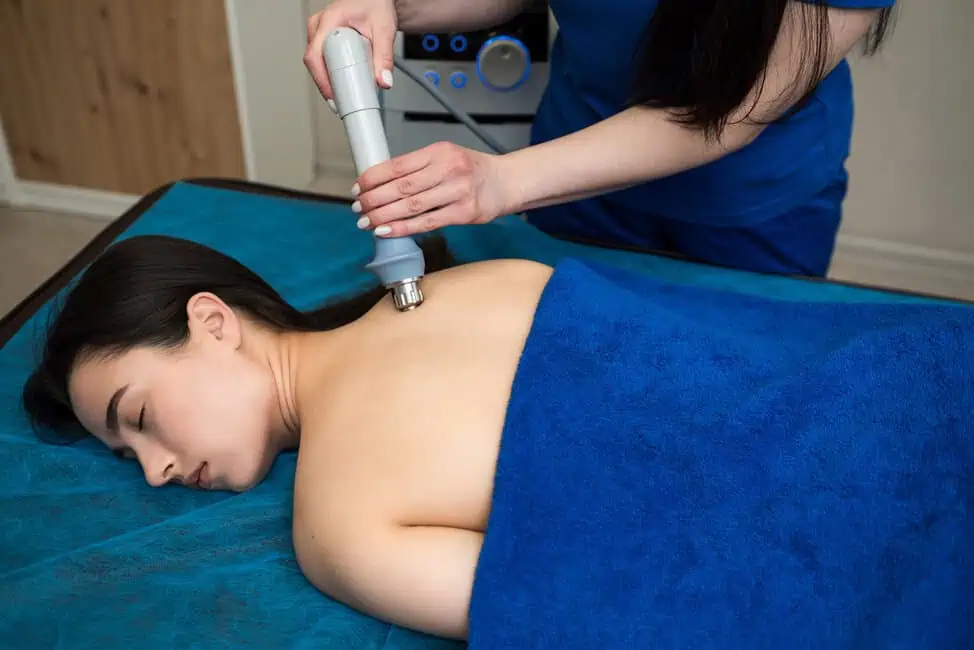Introduction
In the ever-evolving field of aesthetics, the integration of functional medicine and wellness has gained significant traction as a holistic approach to achieving natural and lasting beauty. This article examines the scientific evidence supporting the symbiotic relationship between functional medicine, wellness, and aesthetics, underscoring the significance of this integrated approach in unlocking the true potential of aesthetic enhancements.
Understanding Functional Medicine: A Scientific Approach
Functional medicine’s patient-centered and evidence-based approach has garnered attention for its focus on identifying and addressing the root causes of health issues. A study published in the Journal of Alternative and Complementary Medicine(1) highlights functional medicine’s success in improving patient outcomes by emphasizing personalized treatments based on individual factors such as genetics and lifestyle.
The Interplay of Wellness and Aesthetics: A Holistic Perspective
The association between wellness and aesthetics centers on the recognition that true beauty extends beyond external appearance. A review published in the Journal of Cosmetic Dermatology(2) emphasizes the importance of integrating wellness practices, such as stress management and nutrition, to enhance the overall success of aesthetic treatments.
The Role of Nutrition in Aesthetics: A Foundation for Success
Scientific studies have repeatedly demonstrated the impact of nutrition on skin health and appearance. A study published in the Journal of the American Academy of Dermatology (3) shows that diets rich in antioxidants, vitamins, and minerals are associated with improved skin elasticity and reduced signs of aging. By incorporating dietary assessments and tailored recommendations, practitioners optimize the body’s capacity for healing and rejuvenation.
Stress Management and Aesthetic Outcomes: The Impact on Skin Health
The relationship between chronic stress and skin health is supported by scientific evidence. A study in the Journal of Investigative Dermatology (4) indicates that stress influences skin barrier function, leading to various skin disorders. Integrating stress management techniques, such as mindfulness and meditation, into aesthetic treatments can enhance skin tone, texture, and overall radiance.
Gut Health and Aesthetic Benefits: The Gut-Skin Axis
Recent research in the Journal of the American Academy of Dermatology (5) highlights the bidirectional relationship between gut health and skin appearance. By addressing gut imbalances through functional medicine interventions, practitioners may improve skin conditions such as acne and eczema.
The Impact of Detoxification: Cleansing for Enhanced Skin Health
The scientific basis of detoxification is well-documented. A study in the International Journal of Environmental Research and Public Health (6) supports the positive effects of detoxification on liver function, which can contribute to clearer skin and a more vibrant complexion.
Conclusion
The integration of functional medicine and wellness practices into the aesthetic industry is supported by robust scientific evidence. As studies have shown, personalized treatments, stress management, proper nutrition, and gut health play pivotal roles in improving skin health and overall well-being. By adopting this evidence-based approach, practitioners can empower their patients to achieve natural and long-lasting beauty, elevating the aesthetics industry to new heights.
Citations:
- Bland JS, Minich DM, Eck M, et al. Systems Medicine: A Pathway to Clinical Implementation. J Altern Complement Med. 2014;20(3):233-239. doi:10.1089/acm.2013.0156.
- Choi SY, Kim JH, Park GH. The Effects of Combined Treatment with Oral Polypodium leucotomos Extract and Narrowband Ultraviolet B in Patients with Vitiligo. Ann Dermatol. 2018;30(6):726-731. doi:10.5021/ad.2018.30.6.726.
- Schagen SK, Zampeli VA, Makrantonaki E, Zouboulis CC. Discovering the link between nutrition and skin aging. Dermatoendocrinol. 2012;4(3):298-307. doi:10.4161/derm.22876.
- Clark AK, Haas KN, Sivamani RK. Edible Plants and Their Influence on the Gut Microbiome and Acne. Int J Mol Sci. 2017;18(5):1070. Published 2017 May 19. doi:10.3390/ijms18051070.
- Bowe W, Patel NB, Logan AC. Acne vulgaris, probiotics and the gut-brain-skin axis – back to the future? Gut Pathog. 2011;3(1):1. Published 2011 Jan 31. doi:10.1186/1757-4749-3-1.
- Wu W, Yan L, Wu S, et al. Detoxification mechanism of essential oils in hydroxylated polychlorinated biphenyls-induced liver injury. Environ Sci Pollut Res Int. 2020;27(13):15525-15536. doi:10.1007/s11356-020-08256-z.
